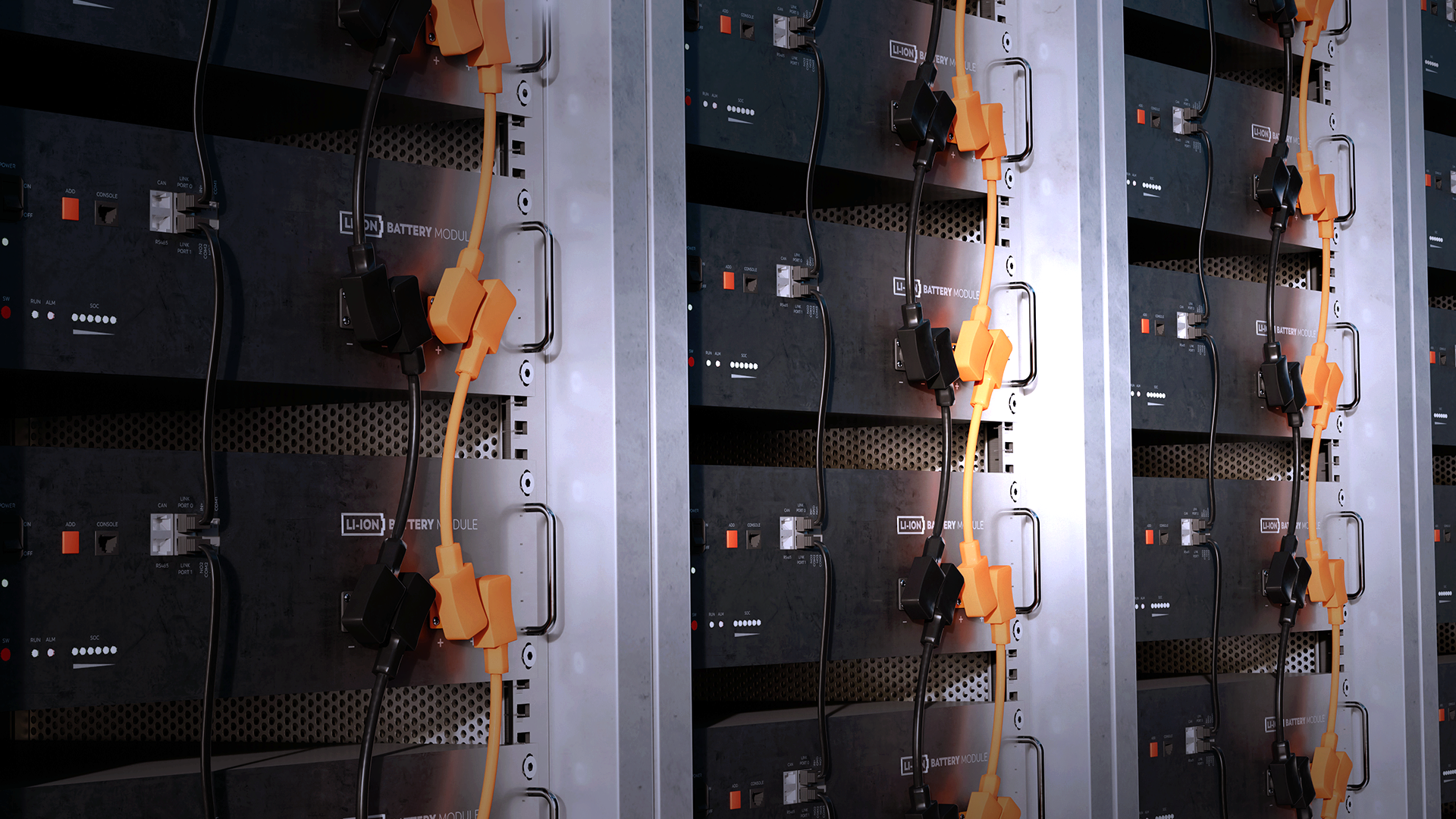Battery Energy Storage Systems in rural or remote areas: A path to a reliable & stable source of power
Battery Energy Storage Systems (BESS) are becoming increasingly important in the electrification of rural and remote locations. These regions typically experience challenges due to their distance from major power grids, resulting in unreliable energy and a heavy dependence on diesel generators for power supply. Renewable sources such as wind and solar can provide additional energy to supplement the diesel generators, but they are reliant on favourable weather conditions. BESS provides a solution by improving energy resilience and reliability, reducing costs, and minimising the environmental impact of power generation.
Diesel generators are usually the first choice for providing power to remote and rural locations because they are a robust and reliable power source. Their output is stable, and fuel is relatively cheap. However, they are noisy, produce harmful greenhouse emissions, and fuel delivery to remote locations is expensive and can be unreliable under adverse environmental conditions (floods, landslides etc). Renewables are a more sustainable choice for power generation as they don’t release any harmful environmental emissions. However, they are reliant on weather conditions to produce energy, and without any way to store the energy they generate, they are only usable during certain times of the day and under specific weather conditions.

BESS can reduce dependence on traditional forms of power generation by storing energy when it is most affordable or plentiful, such as during sunny or windy conditions or when diesel fuel is cheaper. By optimising energy consumption during these times, BESS can lower overall electricity costs, decrease reliance on costly and environmentally harmful diesel fuel and make renewables a more efficient and resilient form of power generation.
A BESS is a significant initial capital investment, but as storage technology within BESS evolves, they are becoming cheaper and more efficient over time. It is difficult to give an accurate return on investment timeline because it depends on the energy load of the site, the fuels used to charge the batteries (diesel, mains, or renewables), the type of BESS installed, and even the location of the installation. However, the benefits of a BESS outweigh the cost when considering environmental benefits, silent operation, and the reduction in fuel costs. BESS provide a way for rural and remote locations to have a reliable, resilient and stable source of power, enabling both economic and social development while also providing significant environmental benefits.
– ComAp
